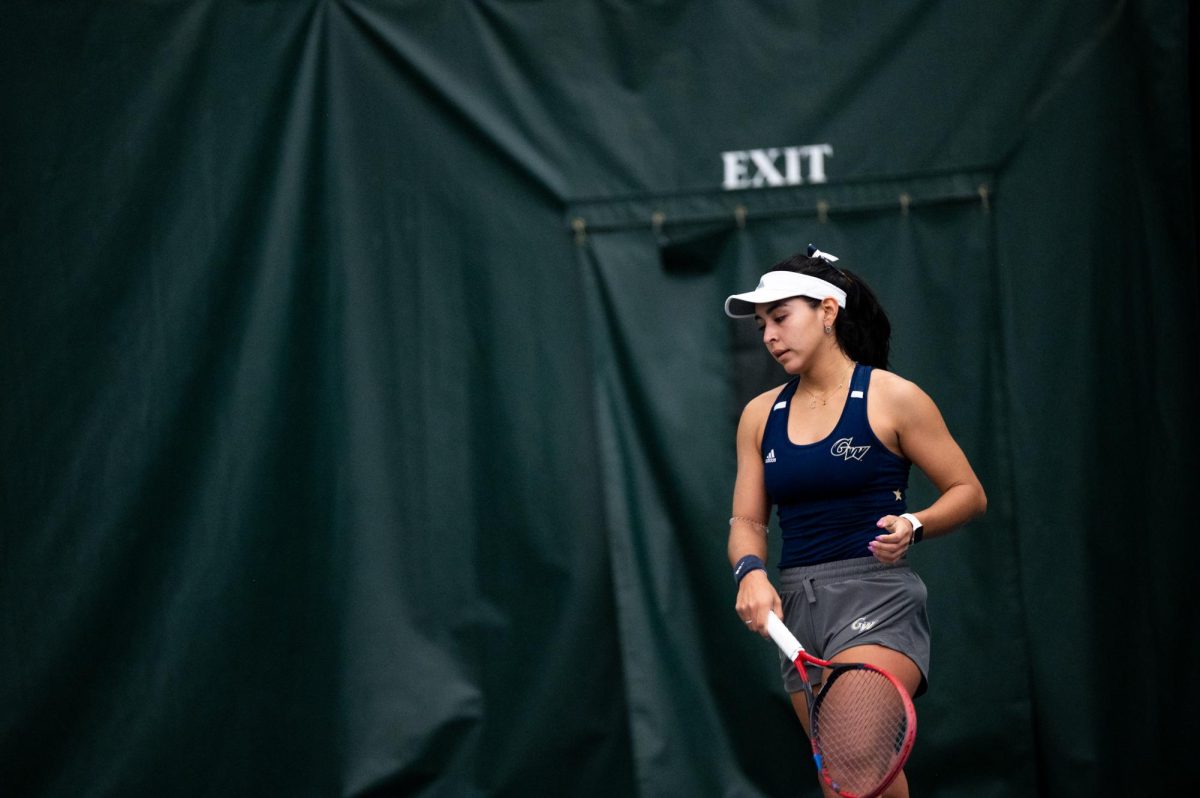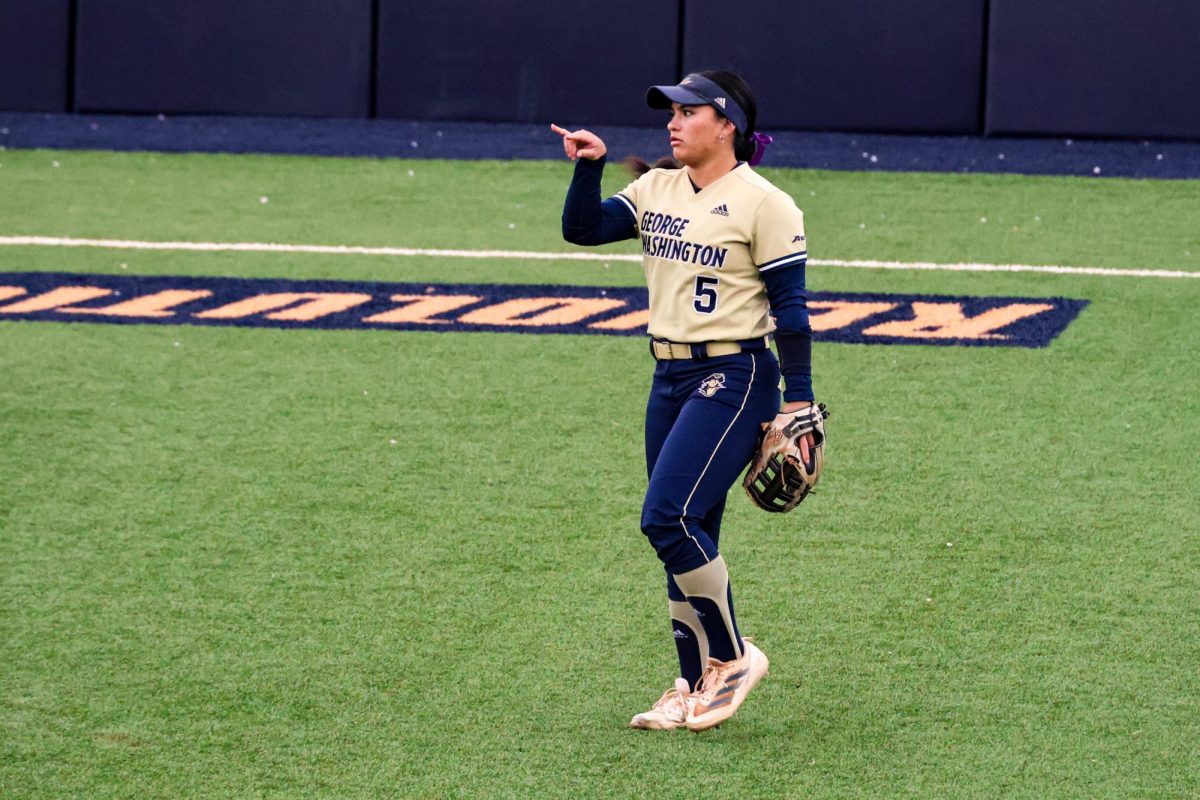The Atlantic 10 Conference voted to adopt new criteria for scheduling men’s basketball opponents beginning next year, a league official said.
The new policy will divide the conference’s 14 teams into “tiers,” with each team playing 16 conference games, Assistant Commissioner Ray Cella said. The changes will affect the three remaining games, which will be played against teams in the same tier.
Teams in the top tier will also be forbidden from playing out-of-conference games against teams with Rating Percentage Index of worse than 200.
The RPI, a computer team-ranking formula that heavily factors strength of schedule, has become increasingly important in recent years, Cella said.
“We’ve looked at data and we’ve seen the NCAA selection committee thought process, so we’ve come up with a policy that we think will help us enhance the chances of getting of at-large bids,” Cella said. “That’s what it all comes down to.”
GW played seven of 12 out-of-conference games against teams with worse than a 200 RPI last season.
Cella said the term tier was not accurate, but the conference could not think of a more appropriate word.
A-10 teams will also not be permitted to participate in games in which they are paid to play. “Buy games” are typical in college basketball when a large opponent pays a smaller team to play a game.
Cella would not comment on penalties for breaking these rules. Kvancz said he did not know what the penalty would be. If the penalty is not severe, he said he would consider breaking it and suffering the consequences.
GW and Xavier are upper-tier teams, Kvancz said, but he did not know where other teams were slotted. Cella would not comment on which teams were in what tier. Coaches, athletic directors and school presidents voted the rankings, Cella said.
Hobbs told The Hatchet during a phone interview Wednesday that he believes he was the only coach to abstain during the January vote.
“I don’t know how coaches can vote how good teams are going to be in January – I know I can’t do it,” Hobbs said. He also said he thinks that the process has “some very serious flaws” that will “hurt the league in the long run.”
Hobbs said he does not believe GW deserves to be ranked in the top tier considering it lost four of its five starters from the previous year. He said Rhode Island was not in the top tier, despite bringing all of its starters back.
“This vote becomes very, very important because scheduling is becoming more important than recruiting in college basketball,” Hobbs said. “It ought to be taken more seriously.”
The new policy may also skew season records, making lower-tier teams’ records better because they play sub-par teams twice.
The out-of-conference policy will be based on last year’s RPI, Cella said, citing the inability to know during the scheduling period how good a potential opponent will be in the upcoming season. The league will allow schools to honor existing contracts with teams that have an RPI above 200.
In the past, GW has been chided for scheduling easy out-of-conference games, sometimes at the expense of its RPI.
The changes will likely increase teams’ RPI, but it may have a number of “unintended consequences” that will hurt the league, Kvancz said. For instance, the policy will prevent teams from playing natural rivals if the opponent is not good that particular year.
“Who is the league to dictate who the hell we play?” Kvancz said.
He added that he thought he was the “lone ranger” against the policy because GW’s recent success and small gym make it difficult to schedule home-and-home games against good teams.
“It becomes an issue of arenas versus gyms,” Kvancz said. “(Playing only teams with an RPI of) 200 is doable, but the problem in my opinion is we may have bitten off more than we can chew.” n
-Jake Sherman contributed to this report.







